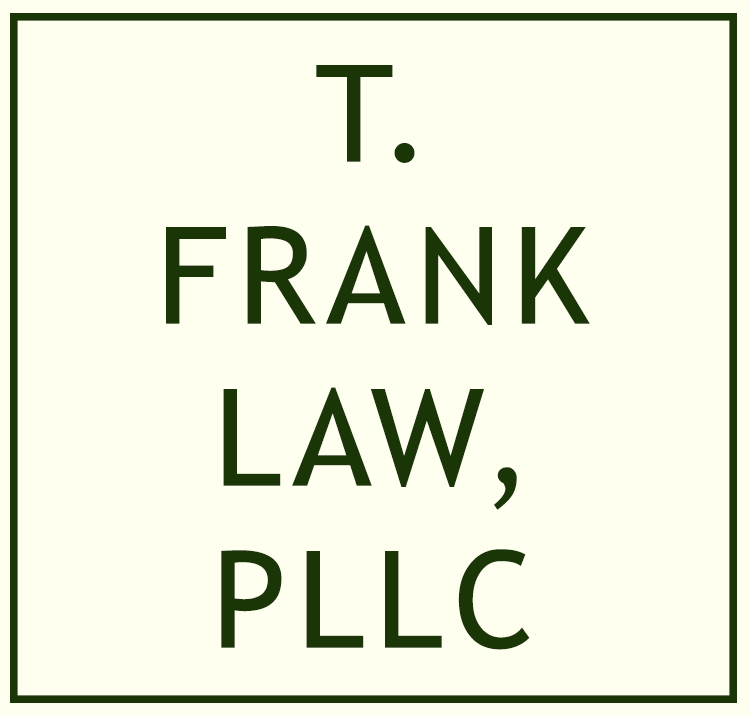Timothy F. Robertson on Probate Court Objections as Published in the Boston Bar Journal
In the Boston Bar Journal’s Fall 2019 (Vol. 63 #4,) issue, T FRANK LAW’s attorney Timothy F. Robertson, in collaboration with Attorney Joseph N. Schneiderman, share their Practice Tips “Should it Stay or Should it Go?: Post-MUPC Probate Court Objections in the Wake of Leighton and Cusack”
An excerpt:
“Cusack raises an important practical question about how to redress problems during distribution. On the one hand, procedurally, a contempt action does have benefits. A decree settling an estate certainly constitutes a court order for purposes of contempt. The Probate and Family Court also deals with contempt every day. Contempt actions also proceed under the same docket without a separate filing fee, and a successful litigant may recover their attorney’s fees.
Substantively however, a contempt action after distribution may not provide an ideal solution. Contempt has to be proven by clear and convincing evidence and not every violation of a court order constitutes a contempt. Indeed, ambiguous court orders do not lend themselves to contempts. See e.g. Hoort v. Hoort, 85 Mass. App. Ct. 363, 365 (2014). A contempt action may deleteriously prolong and reopen a seemingly settled estate, and thwart the spirit of speedy settlement under the MUPC-or the purpose of former Rule 16 to screen out frivolous contests.”
Read the full article here, or contact Timothy F. Robertson (tim@tfranklaw.com) for more information.
